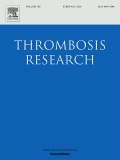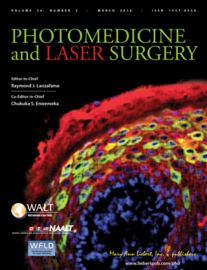
When a researcher discovered one of the images in her papers was a duplication, she asked the journal to fix it — but the journal decided to retract the paper entirely.
The researcher, Suchitra Sumitran-Holgersson, is currently being investigated by the University of Gothenburg in Sweden after a number of her papers were questioned on PubPeer. She told us the duplication was the result of ‘‘genuine human error.’’ Tissue Engineering Part A, however, decided the request to swap the image was a ‘‘cause for concern,’’ and chose to retract the paper.
Here’s the retraction notice:
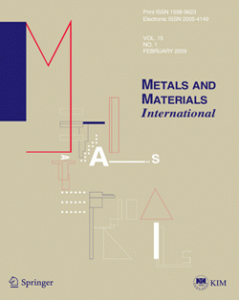
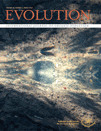
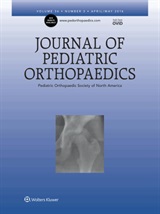 The corresponding author asked the Journal of Pediatric Orthopaedics to retract an article that found popular pain medicines can curb growth in rats, in light of an unresolved authorship dispute.
The corresponding author asked the Journal of Pediatric Orthopaedics to retract an article that found popular pain medicines can curb growth in rats, in light of an unresolved authorship dispute.
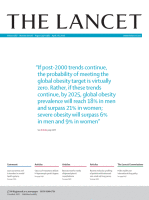 Since we reported Friday that multiple authors had asked to remove their names from a high-profile 2011 Lancet paper about a risky transplant surgery, a
Since we reported Friday that multiple authors had asked to remove their names from a high-profile 2011 Lancet paper about a risky transplant surgery, a 

